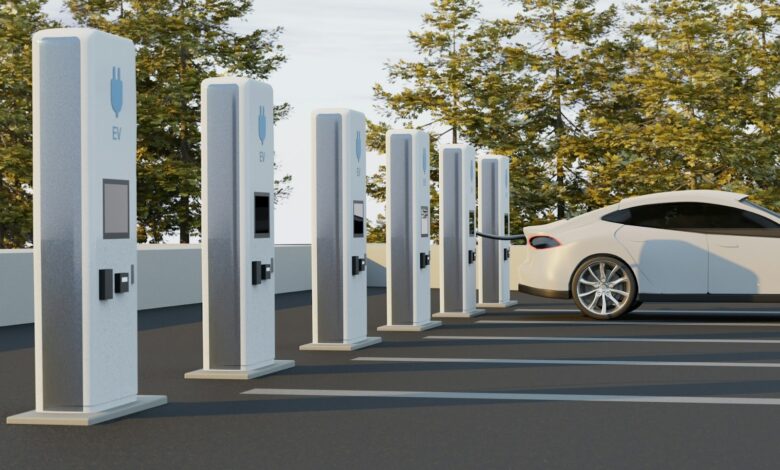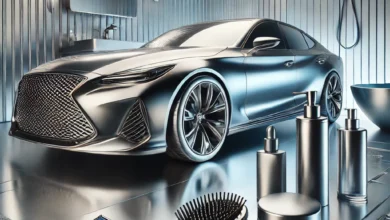How Long Will It Take an Electric Car to Charge?

You’ve just bought your first electric car, and you’re ready to hit the road for a weekend getaway. But then it hits you: How long will it take to charge this thing? It’s a common question among new EV owners that often sparks a bit of anxiety.
With a little research, you can learn exactly how long it takes to recharge your vehicle and
How Does EV Charging Work?
Before we get into the specifics of how long it takes to charge an electric vehicle, let’s first understand the basic mechanics behind EV charging. There are three common types of EV chargers, each with a different charging speed.
First, there’s Level 1 Charging, which is the slowest method but requires no special equipment. Level 1 chargers are usually the standard 120V home outlet you have in your garage.
While convenient, it can take a long time to fully charge your car, depending on the size of your battery. A small EV might gain about 3 to 5 miles of range per hour, while a larger vehicle could take upwards of 24 hours to charge from 0% to 100%. This span is generally fine for overnight charging, but it’s not the best option if you’re in a hurry.
Next, we have Level 2 Charging, which is the most common option for home and public charging stations. A Level 2 charger is ideal for most daily driving needs, providing enough juice overnight to be ready to go the next day.
It uses a 240V outlet and can charge your vehicle much faster — typically 15 to 25 miles of range per hour of charging. A sedan with a 60 to 70 kWh battery may take about six to eight hours to charge fully, while larger SUVs or trucks could take closer to nine or 10 hours.
Finally, there’s DC Fast Charging, which is the quickest option available. A DC Fast Charger can charge an EV from 20% to 80% in around 30 minutes, making them perfect for long road trips or when you’re in a rush. DC Fast Charging is available at dedicated public charging stations and is commonly found along major highways for quick stops on long journeys.
What Factors Affect Charging Time?
While the type of charger you use is one of the main factors affecting how long it takes to charge your electric car, there are several other factors to keep in mind. For example, the size of the battery is a significant player in how much time it will take to charge. Larger batteries, like those found in a used Rivian SUV or new Tesla Cybertruck, naturally take longer to charge than smaller ones, providing more range and more time to charge.
Additionally, the state of charge influences how quickly your vehicle can charge. Charging from a very low battery — say 10% or 20% — can take longer than charging from 40% to 80% because the charging speed typically slows down as the battery fills up.
Lastly, temperature matters more than you might think. Extremely hot and cold weath
How Can You Plan for Charging During Long Trips?
Planning a road trip with an electric car is exciting but requires more preparation than a regular gas-powered vehicle. The key to making the experience seamless is knowing how to manage your charging stops.
First and foremost, knowing where the chargers are is crucial. Thankfully, numerous apps and websites out there can help you map out your route and show you where charging stations are located. Apps like PlugShare, ChargePoint, and A Better Route Planner are invaluable for planning long-distance EV travel.
Charge Ahead With Confidence
Charging an electric vehicle isn’t nearly as intimidating as it may seem. While the
With more EVs hitting the market, charging infrastructure is continually improving, and range anxiety is becoming a thing of the past. With a little planning, you can make your electric vehicle work for your lifestyle. Next time you hit the road, rest assured that you’re just a few taps away from










